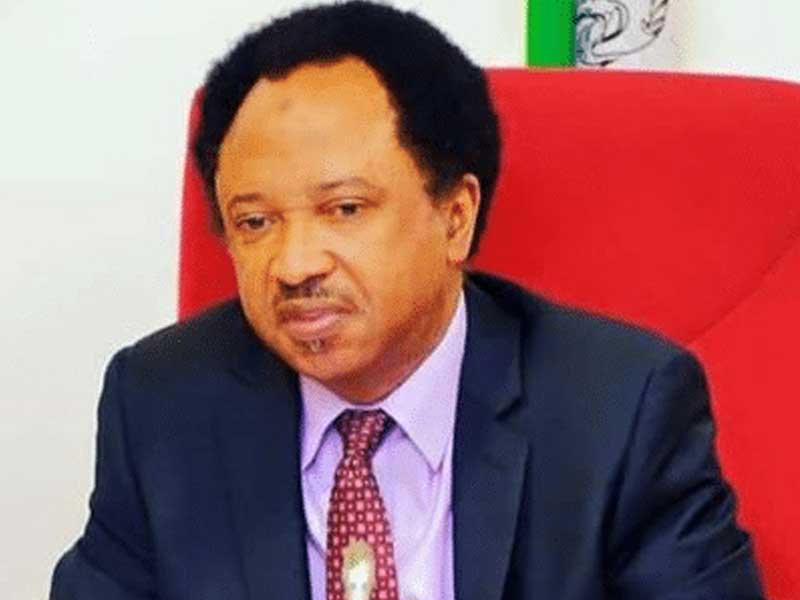Return Home if US Voids Your Visa, Counsels Shehu Sani

Former lawmaker and civil‑rights activist, Shehu Sani has urged Nigerian nationals whose United States visas have been revoked or denied to abandon overseas ambitions and “come back home to contribute to nation‑building.”
Speaking at a town‑hall meeting in Kaduna on Sunday, Sani warned that prolonged visa refusals often signal deeper issues that may not be resolved abroad.
“The United States, like any sovereign nation, has the right to protect its borders,” Sani said.
“If your visa is cancelled or denied, it is a clear sign that your profile does not meet their entry standards. Rather than lingering in limbo, you should redirect that energy toward our own development.”
Sani, who served in the Nigerian Senate from 2015 to 2023, emphasized that Nigeria possesses abundant opportunities in sectors such as agriculture, technology, and renewable energy. He highlighted the government’s Youth Employment Program, the Digital Economy Policy, and the National Agriculture Investment Plan as avenues where skilled Nigerians can make an impact.
“Many of our brightest minds have been forced to stay abroad due to limited prospects, yet our country is rich in resources and labor,” he added. “It is time to reverse the brain‑drain narrative and foster a brain‑gain culture.”
The activist also called on the Federal Government to intensify diplomatic engagement with Washington to clarify visa processes, particularly for students and professionals.
He urged Nigerians to leverage local institutions, start businesses, and participate in community development projects.
The appeal follows recent data from the U.S. Department of State indicating a 30 % rise in visa denials for Nigerian applicants in the first half of 2025, largely attributed to heightened scrutiny under the “extreme vetting” framework.
Sani’s remarks resonated with many attendees, including university students and recent graduates, who expressed frustration over delayed or denied visas. Some participants pledged to explore entrepreneurship and vocational training programs in Nigeria.
The former senator’s call to action aligns with broader efforts by Nigerian leaders to curb emigration trends and promote self‑reliance. Authorities have introduced tax incentives for start‑ups, expanded broadband infrastructure, and launched the “Nigeria for Nigerians” campaign to encourage diaspora investment.
As Nigeria grapples with economic challenges, Sani’s message underscores a growing sentiment: sustainable development begins at home.









